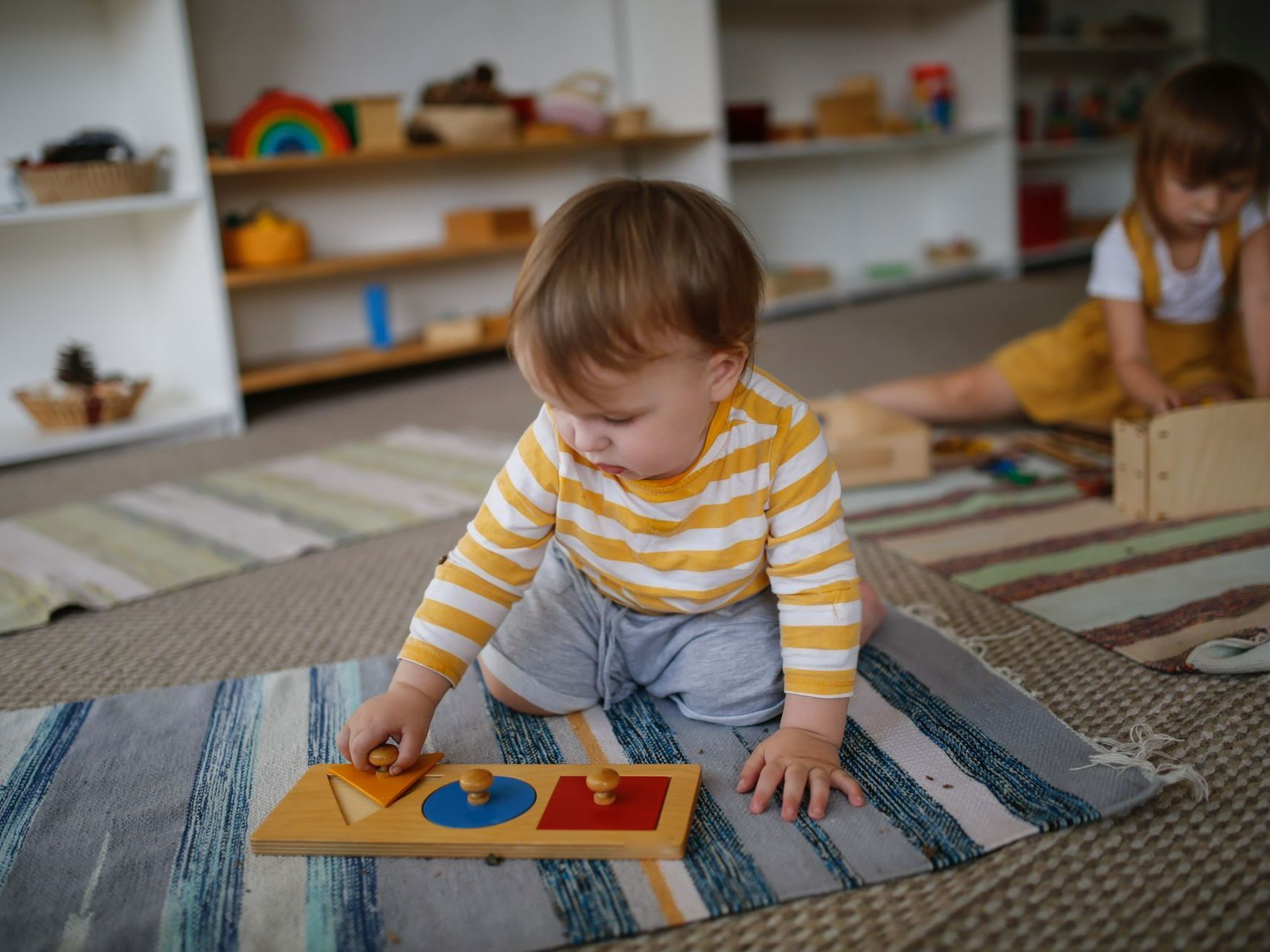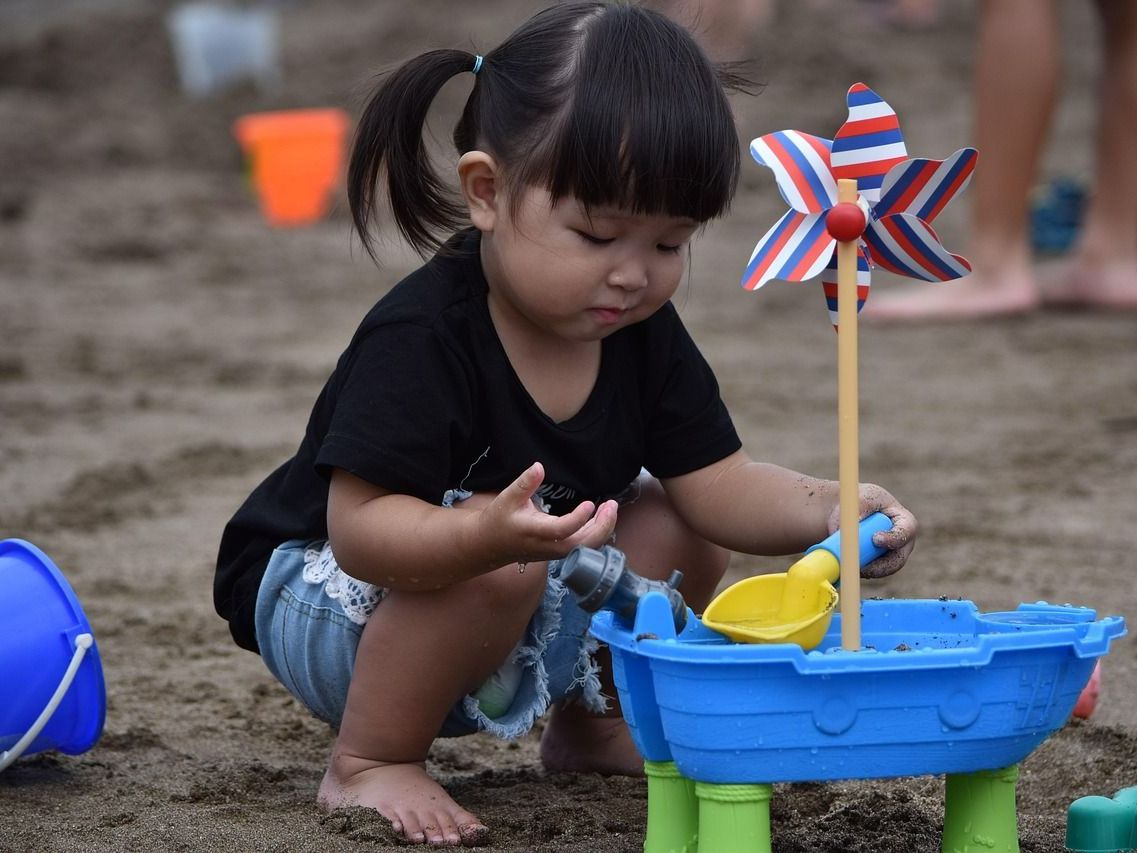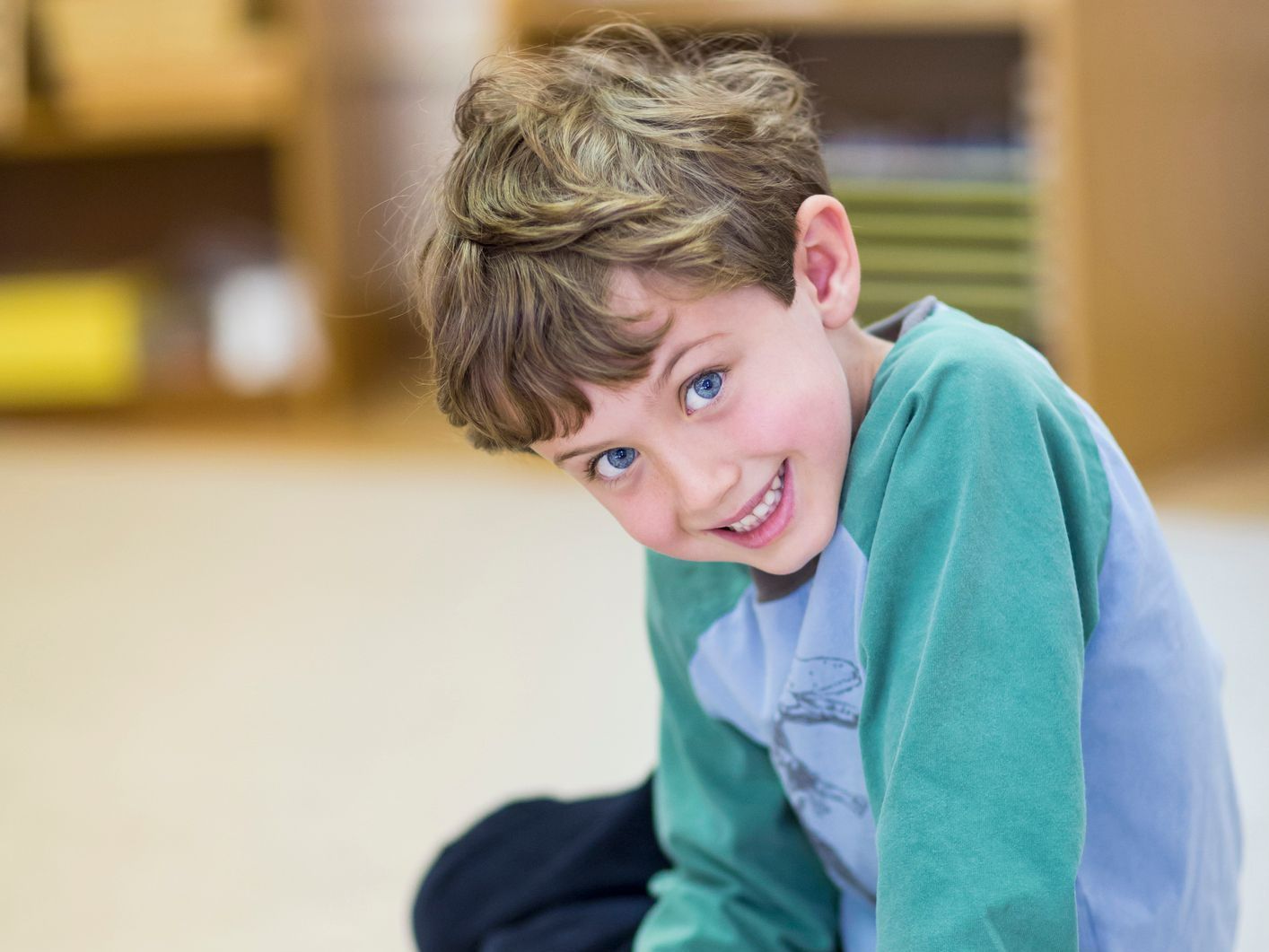Welcome to Sunrise International Montessori School
~ Where Lifelong Learning Begins ~
Sunrise International Montessori School, located at 2521 Horizon Drive in Burnsville, Minnesota, has been a cornerstone of early childhood education in the South Metro area for over two decades. Serving children from 16 months to 6 years old, the school offers year-round toddler and preschool/pre-K programs grounded in the Montessori philosophy, which emphasizes independence, critical thinking, and a lifelong love of learning.
The school's mission is to value each child as a unique individual and an active participant in their educational journey. By fostering a nurturing environment that promotes natural growth and curiosity, Sunrise International Montessori School prepares young learners for success both inside and outside the classroom.
With a low student-to-teacher ratio, the dedicated educators at Sunrise provide personalized attention, ensuring that each child's developmental needs are met. The school's commitment to creating a supportive and structured environment makes it a trusted choice for families seeking quality early childhood education in Burnsville.




